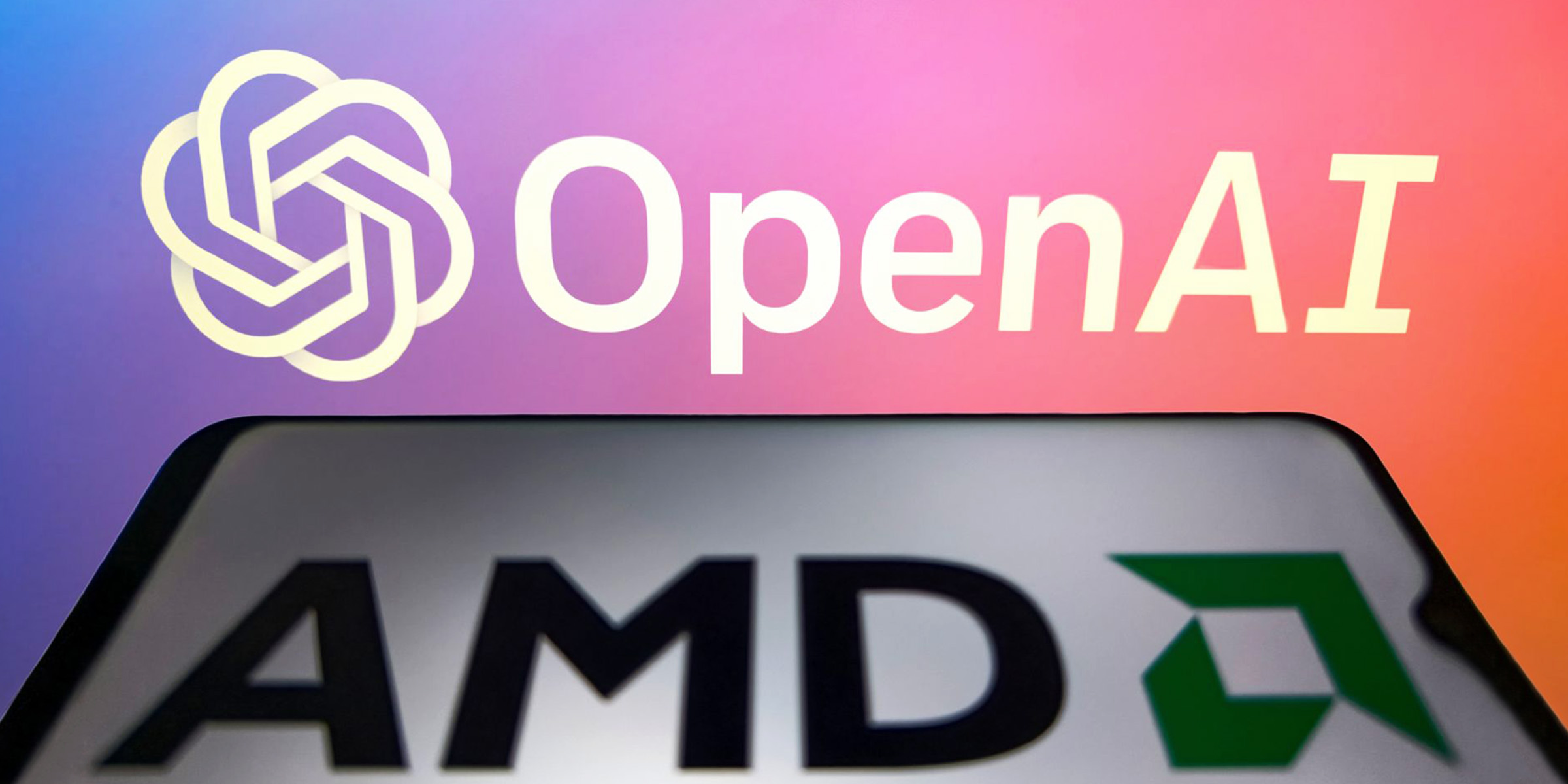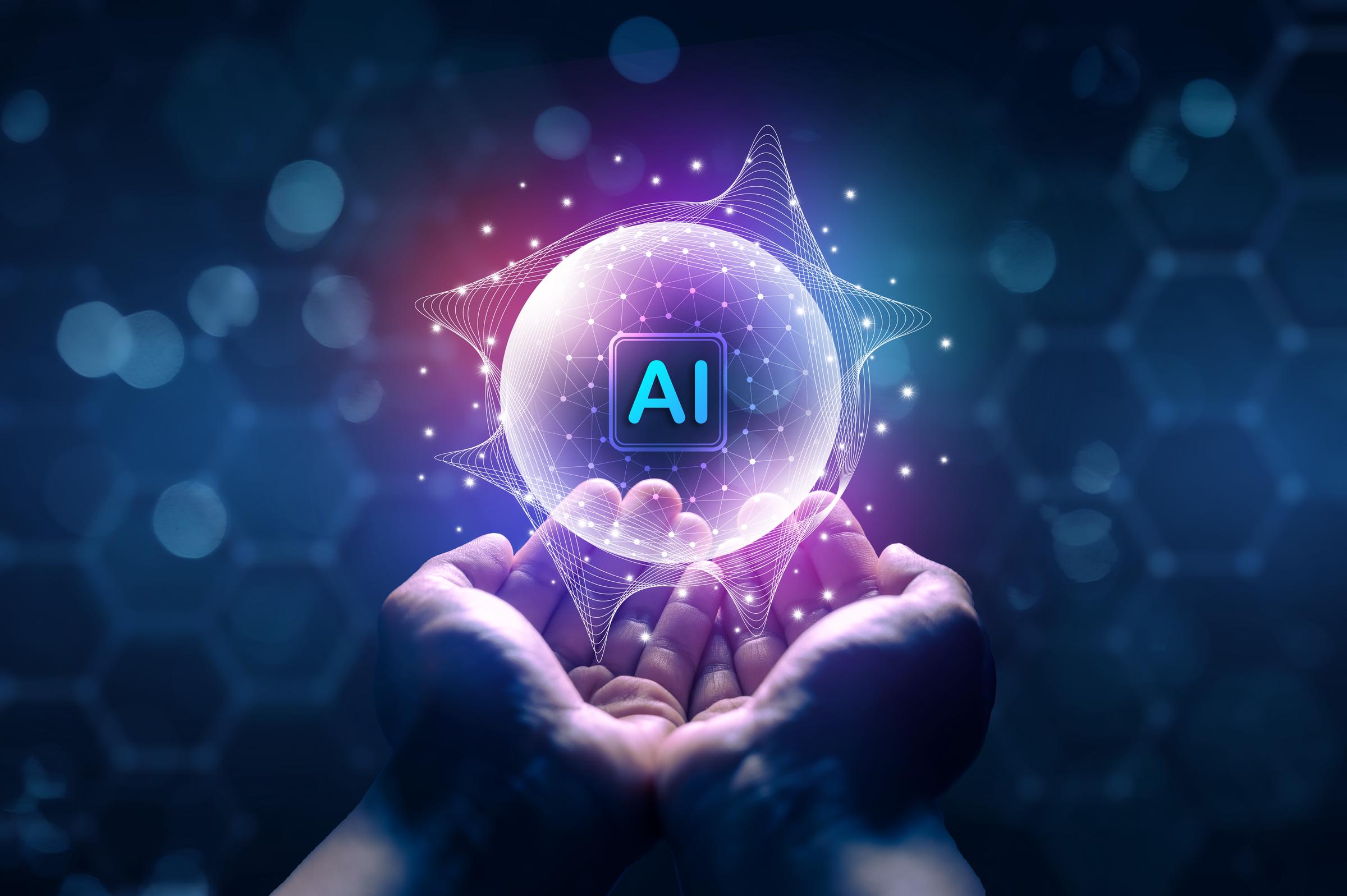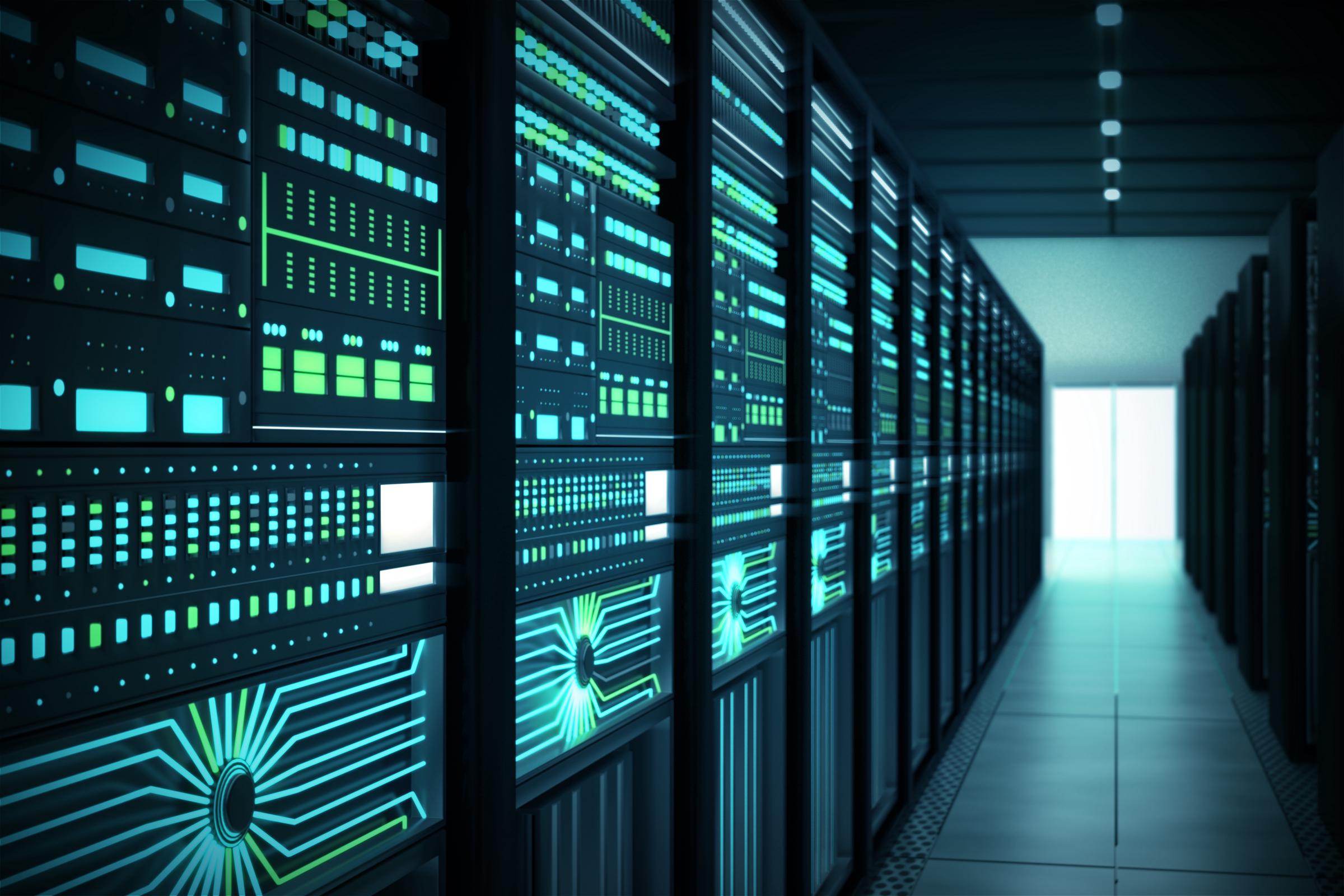
The Real Risks of AI You Should Know About Right Now
With the development of artificial intelligence accelerating exponentially in recent years, it's important to stay informed about its potential dangers — and how they might affect you.
Artificial intelligence (AI) has proven to be incredibly valuable in accelerating and advancing existing technologies, tackling global issues like climate change, and even aiding in the discovery of novel medicines.

A human hand holding an Artificial Intelligence (AI) sphere in digital space. | Source: Getty Images
However, embracing its benefits and immense potential also means acknowledging its pitfalls and the risks it already poses to our security, privacy, and environment. Below, we’ll explore a few leading dangers you should know about as AI continues to evolve.
AI's Threat to Cybersecurity
Criminals are already using artificial intelligence to conduct cyberattacks. They can manipulate AI tools to generate fake identities, craft convincing phishing emails, and scam individuals or hack devices.
A particularly alarming trend involves AI-generated voice cloning, where fraudsters replicate someone’s voice to extort money or commit identity theft. Italian Defence Minister Guido Crosetto was recently a victim of such a scheme.

Defense Minister Guido Crosetto appears as a guest on the television program "Cinque Minuti" on September 29, 2025, in Rome, Italy. | Source: Getty Images
Several wealthy Italian businessmen reported receiving a phone call earlier this year from a speaker who sounded exactly like Crosetto, making a strange request: "Please send money to help us free kidnapped Italian journalists in the Middle East."
Crosetto was initially unaware of this scam until several of these businessmen contacted him, prompting him to contact the police. Unfortunately, one of the entrepreneurs did send the money using details provided by the fake Crosetto, but police were able to freeze the wire transfer.
AI's Threat to the Environment
While AI does help tackle issues like climate change, the rapid pace of AI model development also poses significant environmental risks. Many AI models run on large data centers that require massive amounts of water to operate and stay cool.
According to the Environmental and Energy Study Institute, these data centers consume up to five million gallons of water per day. In addition, AI computations are energy-intensive, producing a considerable carbon footprint and further hastening the effects of climate change.

A futuristic server | Source: Getty Images
The Dangers of AI Misinformation
Similar to cyberattacks, bad actors can exploit AI technologies to spread misinformation and disinformation with malicious intent. They can generate deepfake images, audios, and videos of events that never occurred.
When such media circulates online, it can provoke dangerous reactions and harm those targeted. AI hallucinations — plausible but essentially false statements generated by AI models — also contribute to misinformation, making it crucial for users to verify information through credible sources.
So, What Can We Do?
To minimize the negative effects or protect yourself from potential risks, consider implementing a few key safeguards.
For the environment:
- Support AI providers that rely on renewable energy.
- Choose energy-efficient AI models or frameworks.
- Limit unnecessary AI use to reduce resource consumption.
For cybersecurity:
- Have a safe word with your loved ones to invoke in case you suspect an AI-generated voice clone.
- Look into cyberresponse or digital safety training.
For misinformation/disinformation:
- Stay on the lookout for factual inaccuracies and inconsistencies.
- Always double-check information with trusted, reputable sources.
AI holds tremendous potential for innovation and progress. But as it continues to evolve, it’s vital to remain aware of its drawbacks — and to take proactive steps to protect yourself and your community from bad actors.
